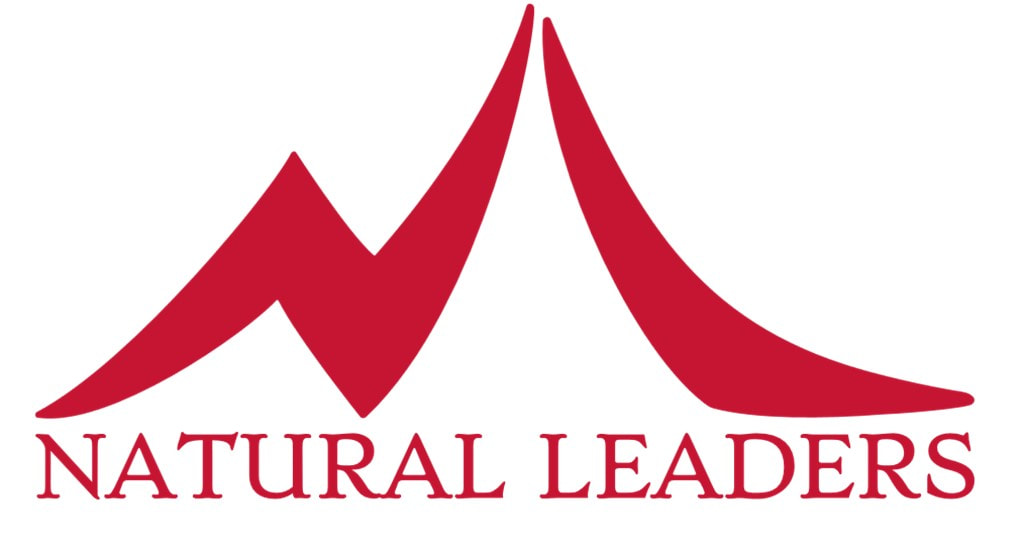Unlike most of our legislators today, these men had some serious skin in the game – and for many, their pledges came due:
Five signers were captured by the British as traitors, and tortured before they died. Twelve had their homes ransacked and burned. Two lost their sons in the revolutionary army, another had two sons captured. Nine of the 56 fought and died from wounds or hardships of the revolutionary war.
...
They signed the Declaration of Independence knowing full well that the penalty would be death if they were captured.
...
These were not wild eyed, rabble-rousing ruffians. They were soft-spoken men of means and education. They had security, but they valued liberty more.
(source)
But what made this Revolution and the Declaration remarkable was not so much the political independence from Britain, but rather that it yielded a remarkable degree of independence for individual Americans, and not merely a shift in who collected their taxes.
After a tenuous victory, the framers cobbled together a Constitution and Bill of Rights that established a seedling of liberty that has expanded over the years to include people of all stripes.
Without losing time, Americans got to work and built a great civilization, generating boom after economic boom, while wave upon wave of immigrants arrived and joined in creating more abundance through fresh creativity, cooperation, and often grueling hard work.
Tragically, there were many dark and bloody episodes - many horrific failures to uphold the ideals of liberty and human dignity aspired to in the Declaration - both domestically and abroad. And there were ecological casualties like the extinction of the Carolina parakeet and the passenger pigeon, and more such challenges with us today.
However, I would ask - were these stains failures of the ideals themselves, or failures to uphold them?
And let us be humble and cautious in how we tackle the problems of our day, and how we improve upon the past. Since 1776, there have been numerous other revolutions with much darker results: brutal bloodbaths, totalitarianism, mass starvation and ecological devastation.
Moreover, these devolutions were also brought about through daring, persistent leadership and activism of smart, idealistic activists, like many of us and our friends and family members.
My own great grandmother, a brilliant PhD historian, was a fairly prominent Bolshevik co-founder of Soviet communism - before becoming a slave to the system she brought about and doing 5 years at labor camp in the far north. That wasn’t the outcome she had anticipated -nor were the Holodomor, the Red Terror, or Chernobyl.
Happily, today things are astonishingly better, almost everywhere in the world, and certainly in Russia.
While Russian life is more hardscrabble than ours, and with plenty of room for improvement, there is certainly no previous era of Russian history that I would prefer to inhabit.
When I visited St. Petersburg a couple years ago there was literally dancing in the street, vibrant street life in general, cheap & delicious fresh-baked bread with no lines, and no container laws - so my wife and I could enjoy a beer while walking home late on a white night.
In the Russian country-side, people are still free to build houses with no code requirements – so attractive small cabins are available at a fraction of American costs. The transportation sector is also much more competitive, so it’s easy and cheap to get around with lots of options.
It used to be that way here too, before certain industries learned to game the system with state-sponsored monopoly privileges. For a recent example, witness Facebook calling for regulations (source) that their smaller would-be rivals won't be able to manage (source).
Still, some approximation of the principle “that all men are created equal, that they are endowed by their Creator with certain unalienable Rights, that among these are Life, Liberty and the pursuit of Happiness” has, and continues to, spread far and wide.
And despite some unfortunate exceptions and a media focus to the contrary, overall people world-wide are living longer, healthier, freer and safer lives than ever before (source). Those are the facts.
And so, today we find ourselves in the midst of another revolution, a technological one. Before us is the dawn of a new age: of AI, automation, drones, virtual reality, global 5G coverage, cheap 3D printing, space colonies and more new developments than we can possibly imagine or anticipate.
These unprecedented advances in technology give humans incredible powers never known before. More and bigger genies emerging from ever new lamps and bottles.
Will humanity be able to cooperate in harnessing these powers to make the world peaceful, prosperous and verdant?
Or will these tools become a yoke to subjugate us and dominate nature?
Will we soar to greater freedom on these new wings like Daedalus, or careen to disaster like Icarus?
Is this a new birth, or the end, of humanity?
History shows a long trend of improvement in virtually all areas valued by mankind, but also a tremendous human capacity for wreaking every kind of havoc imaginable.
The future is yet unwritten, it is up to us and our children to write it.
So let us embrace the spirit of adventure, independence and courage that America's founders showed so long ago, and forge a future worthy of their sacrifices.

 RSS Feed
RSS Feed
